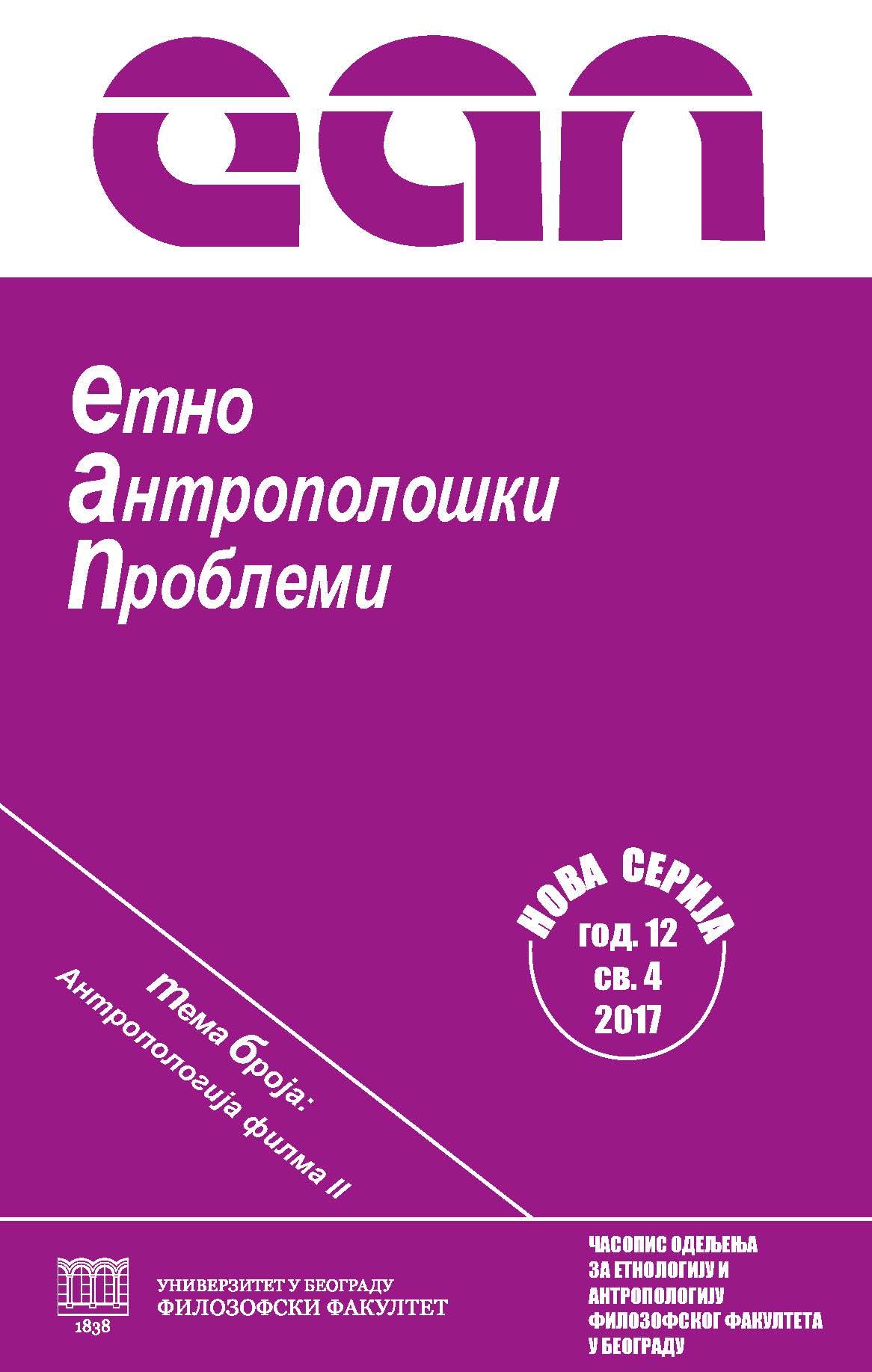Global citizenship and the challenge from cultural relativism
Global citizenship and the challenge from cultural relativism
Author(s): Thomas Hylland Eriksen Subject(s): Anthropology
Published by: Филозофски факултет, Универзитет у Београду
Keywords: anthropology – universalism; anthropology and globalisation; anthropology – human rights.
Summary/Abstract: Do human beings live in a shared world or in several? The traditional answer from social and cultural anthropology has been that although the physical world is uniform, the world as it is perceived by humans is fundamentally and irreducibly diverse, since human worlds are culturally constructed and cultures are unique and particular in character. As a result of this perspective, there has always been a tense relationship between anthropology and universalist claims, as in the Universal Declaration of Human Rights of 1948. This chapter charts the dialogue and tension between the cultural relativism of classic anthropology and human rights universalism, but the main focus is on the consequences of globalisation for anthropological thinking about diversity and human universals. It is argued that as a direct result of the increased interconnectedness of human societies, classic cultural relativism has become both epistemologically obsolete and normatively objectionable. Although the moral worlds inhabited by humans are still diverse, they are now connected in ways which have implications for the ethics of anthropological research. By discussing a handful of examples, the analytical and moral dilemmas are exposed, and the contrast with mid-20th century anthropology, when the world was still widely seen as ‘an archipelago of cultures’, is made abundantly clear.
Journal: Етноантрополошки проблеми
- Issue Year: 12/2017
- Issue No: 4
- Page Range: 1141-1151
- Page Count: 11
- Language: English

